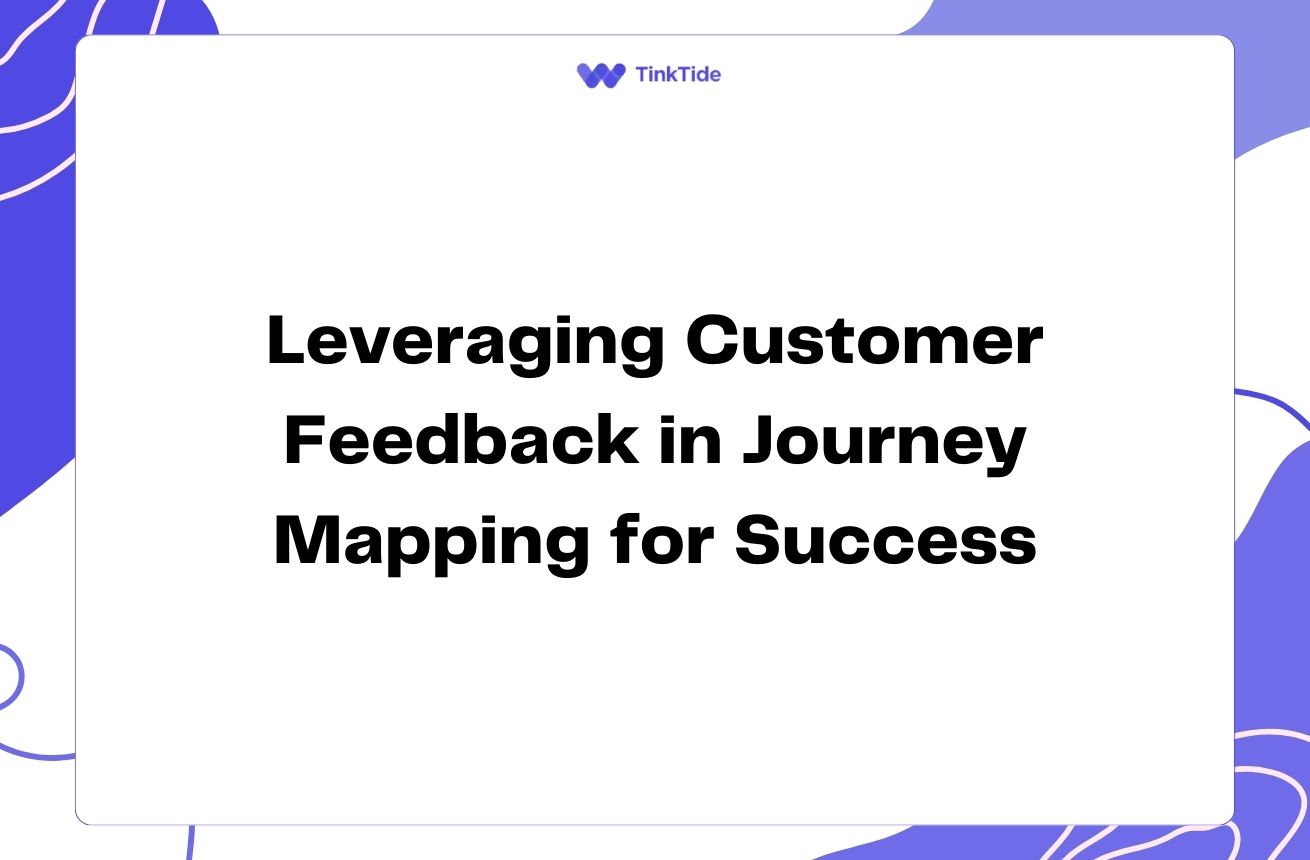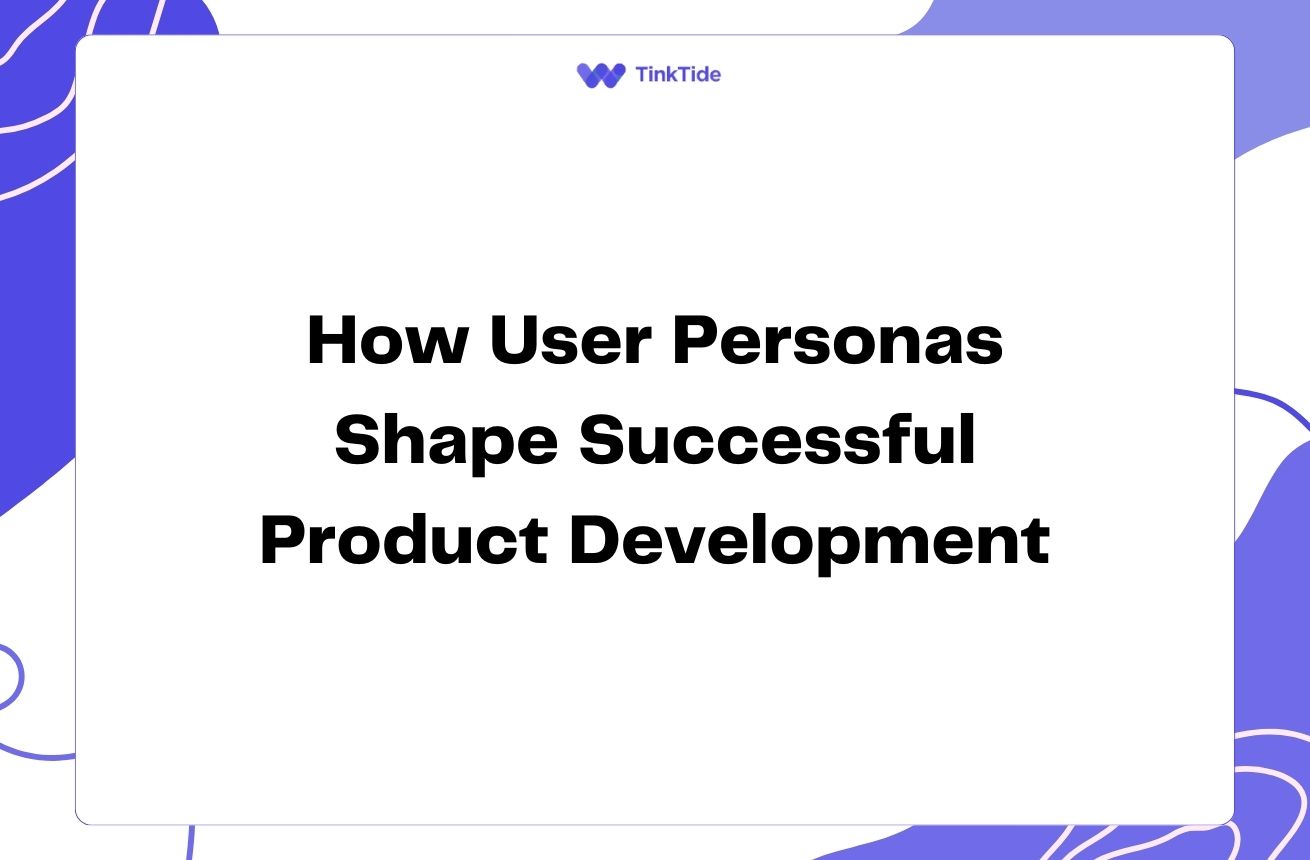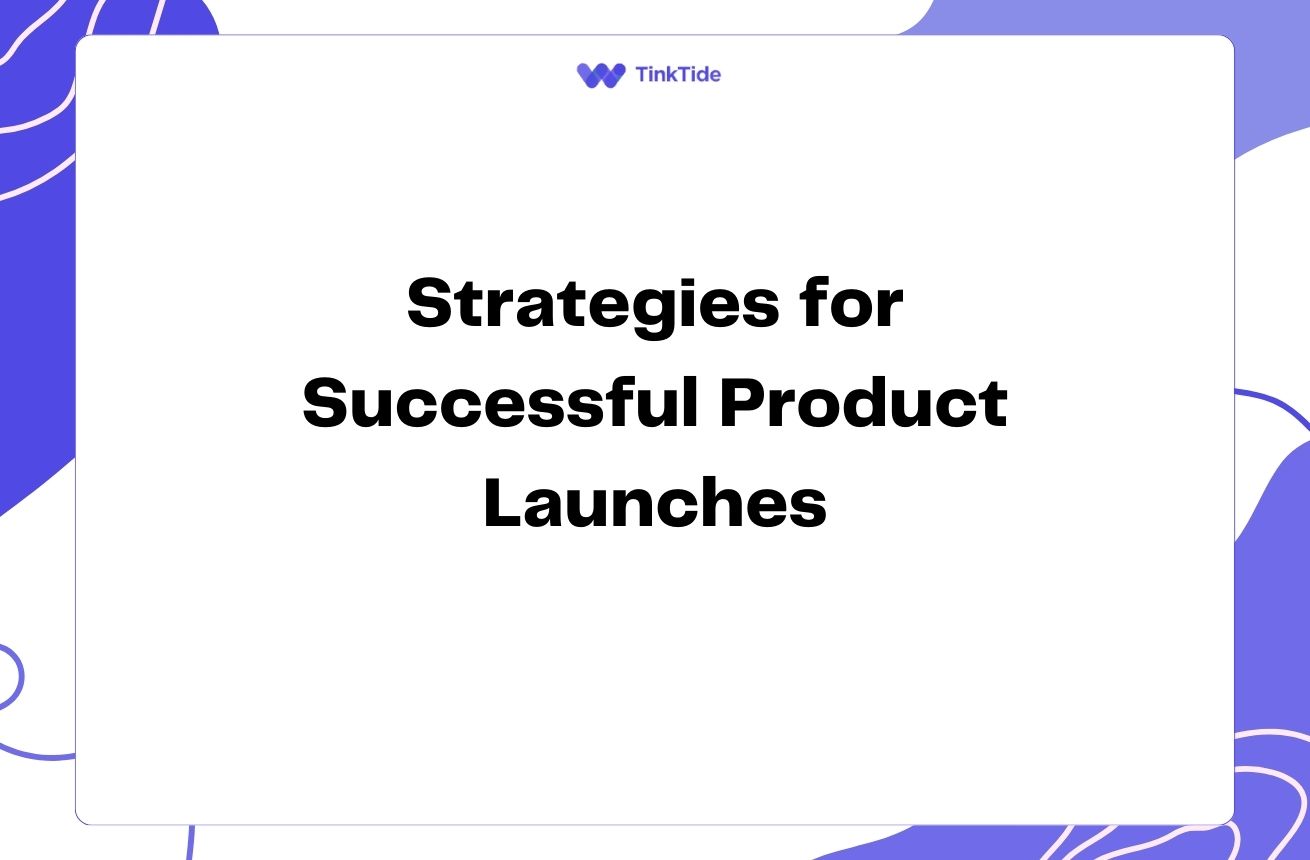AI-Driven Ideation Success Stories: Real-World Case Studies
The Power of AI in Ideation
Artificial Intelligence (AI) has revolutionized the way businesses approach ideation and innovation. By leveraging machine learning algorithms and vast datasets, companies can now generate novel ideas, solve complex problems, and drive creative solutions at an unprecedented scale.
In this article, we'll explore real-world case studies that demonstrate the transformative impact of AI-driven ideation across various industries. These success stories highlight how AI is not just a buzzword but a powerful tool that's reshaping the landscape of innovation.
From product development to marketing strategies, AI-powered ideation tools are helping companies stay ahead of the curve and meet evolving customer needs. Let's dive into some inspiring examples that showcase the potential of AI in creative problem-solving.
Case Study 1: Procter & Gamble's AI-Powered Product Innovation
Procter & Gamble (P&G), a global consumer goods giant, has embraced AI-driven ideation to accelerate product innovation. Using machine learning algorithms, P&G analyzed vast amounts of consumer data, market trends, and product feedback to generate new ideas for personal care products.
The AI system identified a gap in the market for a multi-functional skincare product that addressed multiple concerns simultaneously. This led to the development of Olay Regenerist Whip, a lightweight moisturizer with anti-aging properties that quickly became a bestseller.
By leveraging AI in their ideation process, P&G reduced product development time by 40% and increased their success rate for new product launches by 25%. This case study demonstrates how AI can not only generate innovative ideas but also improve efficiency and market performance.
Case Study 2: Netflix's AI-Driven Content Creation
Netflix, the streaming giant, has been at the forefront of using AI for content ideation and creation. Their sophisticated AI algorithms analyze viewing patterns, user preferences, and engagement metrics to generate ideas for new shows and movies.
One notable success story is the creation of the hit series 'Stranger Things.' While the show's concept was developed by human creators, Netflix's AI played a crucial role in identifying the potential audience, predicting its success, and even influencing casting decisions.
The AI system suggested combining elements from popular 80s sci-fi movies with contemporary teen dramas, a unique blend that resonated with viewers. This AI-driven approach to content ideation has helped Netflix maintain its competitive edge, with 'Stranger Things' becoming one of the platform's most-watched series.
Case Study 3: Airbnb's AI-Powered Experience Design
Airbnb has leveraged AI to revolutionize its travel experience offerings. The company used machine learning algorithms to analyze millions of guest reviews, travel patterns, and local data to generate ideas for unique, personalized experiences in various destinations.
One successful outcome of this AI-driven ideation was the creation of Airbnb Adventures, a collection of multi-day trips led by local experts. The AI system identified a growing demand for immersive, off-the-beaten-path experiences that went beyond traditional tourist activities.
By using AI to generate and refine ideas for these adventures, Airbnb was able to launch a diverse range of unique experiences, from tracking lions with Samburu warriors in Kenya to exploring the hidden jazz scene in Cuba. This AI-powered approach to experience design has helped Airbnb differentiate itself in the competitive travel market.
Case Study 4: IBM Watson's Role in Drug Discovery
In the pharmaceutical industry, AI-driven ideation has shown tremendous potential in accelerating drug discovery. IBM's Watson, an AI-powered cognitive computing system, has been at the forefront of this revolution.
In a collaboration with Pfizer, Watson analyzed vast amounts of scientific literature, clinical trial data, and genetic information to generate ideas for potential new drug targets for immuno-oncology. The AI system identified a promising protein that had not been previously considered for cancer treatment.
This AI-generated idea led to further research and development, potentially opening new avenues for cancer therapy. By leveraging AI in the ideation phase of drug discovery, pharmaceutical companies can significantly reduce the time and cost associated with identifying new drug candidates.
Key Benefits of AI-Driven Ideation
These case studies highlight several key benefits of incorporating AI into the ideation process:
- Faster idea generation and validation
- Improved efficiency in product development
- Enhanced ability to identify market gaps and opportunities
- Increased success rate for new product launches
- Ability to process and analyze vast amounts of data for insights
Implementing AI-Driven Ideation in Your Organization
To harness the power of AI-driven ideation in your organization, consider the following steps:
- Identify areas where AI can add value to your ideation process
- Invest in AI tools and platforms suited to your industry
- Ensure you have quality data to feed your AI systems
- Train your team to work alongside AI for optimal results
- Continuously refine and improve your AI models based on outcomes
The Future of AI-Driven Ideation
As AI technology continues to advance, we can expect even more sophisticated applications in the field of ideation. From generating personalized product concepts to predicting future market trends, AI will play an increasingly crucial role in driving innovation across industries.
However, it's important to remember that AI is a tool to augment human creativity, not replace it. The most successful implementations of AI-driven ideation will be those that effectively combine machine intelligence with human insight and expertise.
Frequently Asked Questions
Here are some common questions about AI-driven ideation:
How does AI generate ideas?
AI generates ideas by analyzing vast amounts of data, identifying patterns, and making connections that humans might miss. It uses machine learning algorithms to process information from various sources, including market trends, consumer behavior, and scientific research.
Can AI replace human creativity?
While AI can generate novel ideas and solutions, it's designed to augment human creativity rather than replace it. The most effective approach is to combine AI-generated insights with human expertise and intuition.
What industries can benefit from AI-driven ideation?
AI-driven ideation can benefit virtually any industry, including technology, healthcare, finance, retail, entertainment, and manufacturing. Any field that requires innovation and problem-solving can leverage AI to enhance their ideation process.
How accurate are AI-generated ideas?
The accuracy of AI-generated ideas depends on the quality of data and the sophistication of the AI model. While AI can produce highly relevant and innovative ideas, human evaluation is still crucial to assess feasibility and potential impact.
What are the challenges of implementing AI-driven ideation?
Challenges include ensuring data quality, integrating AI tools with existing processes, training staff to work with AI systems, and balancing AI-generated ideas with human creativity. Additionally, there may be ethical considerations regarding data usage and decision-making.
Additional Resources
AI for Innovation: A Comprehensive Guide
McKinsey's in-depth look at how AI is driving innovation across industries
The AI-Powered Enterprise
MIT Sloan's insights on how businesses are leveraging AI for competitive advantage
AI in Product Development
Forbes article on AI's role in revolutionizing product development
The Future of AI in Creative Industries
World Economic Forum's perspective on AI's impact on creativity and innovation
Ethical Considerations in AI-Driven Innovation
Nature's exploration of ethical issues surrounding AI in innovation processes
Embracing the AI-Driven Ideation Revolution
The case studies we've explored demonstrate the transformative power of AI-driven ideation across various industries. From consumer goods to entertainment, travel to pharmaceuticals, AI is proving to be an invaluable tool in generating innovative ideas and solving complex problems.
As we move forward, organizations that effectively harness AI for ideation will likely gain a significant competitive advantage. However, it's crucial to remember that AI is a tool to enhance human creativity, not replace it. The most successful innovations will come from a synergy between machine intelligence and human insight.
To stay ahead in this rapidly evolving landscape, consider exploring AI-driven ideation tools and methodologies that can complement your existing innovation processes. By embracing this technology, you can unlock new realms of creativity and drive your organization towards a more innovative future.
Supercharge Your Innovation Process with AI
Discover how our AI-powered ideation tools can transform your approach to innovation and problem-solving.
Start Your Free Trial

